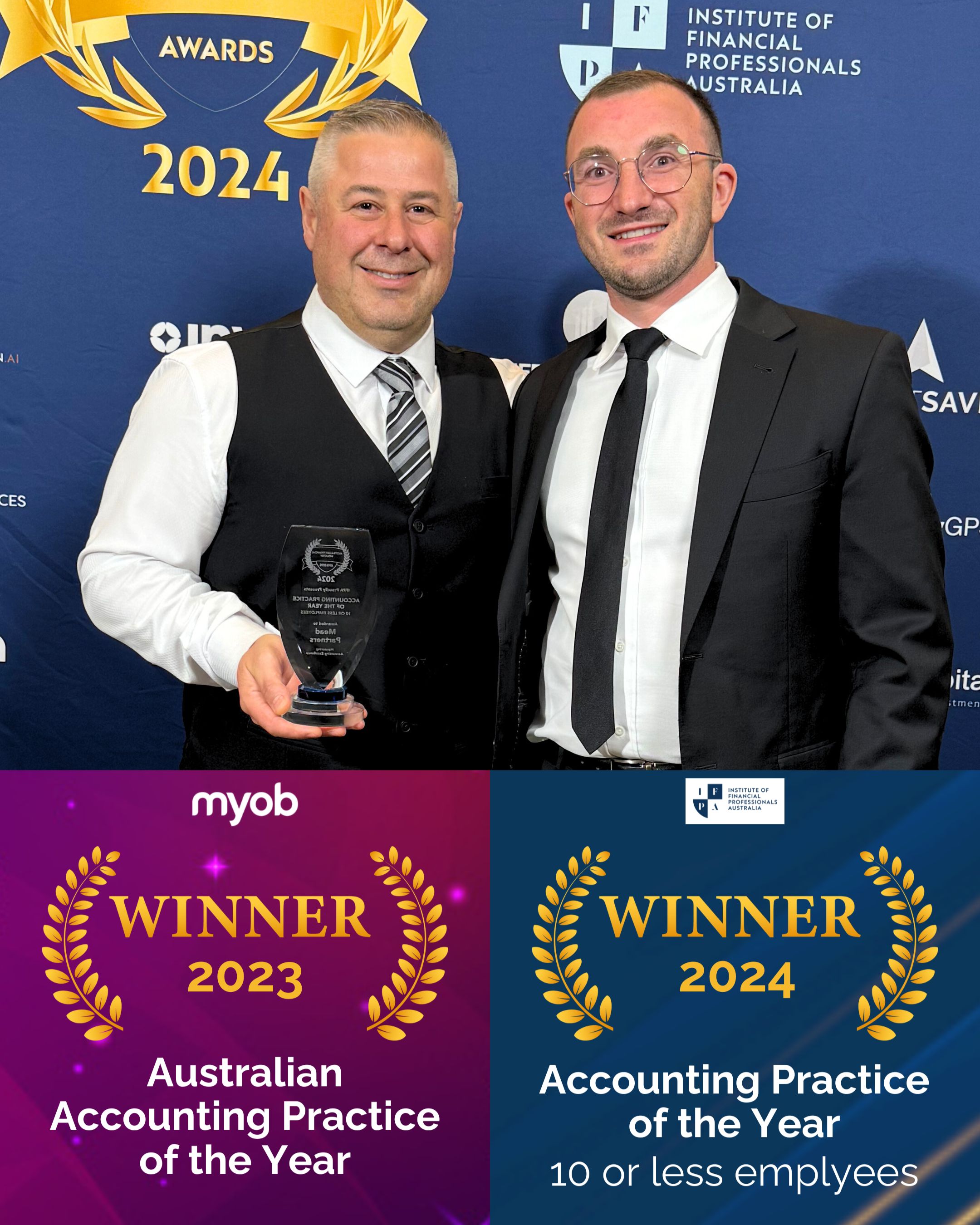



Book a Free Consultation!
✅Builders CFO Program
✅Business Improvement Program
✅Taxation Advice


The Importance of a Budget in Business
As a small business owner, you have a lot on your plate – from managing daily tasks to making important decisions for your business. However, one thing that’s really important is business budgeting. Now, the word “budget” might seem a little scary, but it’s not just about numbers; it’s about being accountable. If you don’t understand the part well, you might even feel like ‘What is budgeting…?’ and just see it as numbers, turning a blind eye to real budget management.
Before we delve into that, we wanted to give a quick shoutout. If you’re experiencing a significant gap between your budget and actual figures, feel free to reach out to our business advisors. We offer a free consultation to discuss how we can assist your business.




Well, let’s dive into this topic.
The Importance of Budgeting in Business
Setting Clear Goals and Targets
Running a business without a budget is like sailing a ship without a map – it can lead to chaos. A budget gives you a clear direction, helping you set goals and targets for your business. It’s like a roadmap that shows you where you want to go and the steps you need to take to get there. Without a budget, you’re just drifting along, at the mercy of the economy and market conditions.
Gaining Insight into Your Business Performance
Budgeting isn’t just about numbers; it’s like having a magnifying glass for your business’s performance. By objectively measuring where your business stands, you can spot the shining stars (your strengths) and the areas that need a little TLC (those improvement areas). That is one of the purposes of budgeting. Numbers tell a story, and by analysing and interpreting them, you can gain a deeper understanding of your business’s financial health.
For your business, these factual numbers are the sales, the variable costs, the margins, the overheads, and, lastly, the profit. After all your work, this is the reward you’re left with.
Then comes the first of a series of ‘hard questions’…
- Are you happy with that profit?
- Is it worth it? Or are you dissatisfied? Then …
- What do you want those figures to look like?
Answer those questions, and you’ve just described where you want to be. Congratulations! You have charted your course, which is the first step to ensuring your success.
Treating Symptoms vs. Causes: What’s More Important?
Sales and costs in business aren’t random occurrences – they’re like symptoms of underlying factors, the real causes behind them. When you budget for your business, you’re not just dealing with the numbers; you’re uncovering what’s driving them.
Understanding the Underlying Drivers
- Budgeting involves asking, “What leads to this number?” This helps you grasp the true forces behind your sales and costs.
- Factors like customer footfall, conversion rates, and targeted marketing influence sales, while costs like rent and wages stem from underlying needs or inefficiencies.
The Value of Identifying Drivers
- By naming and quantifying these drivers, budgeting helps you concentrate on improving them, which ultimately leads to better business results.
- It’s about taking control of your business’s trajectory, creating your own success story, and steering it in the right direction.
Clear Direction for Success
- The budgeting and planning process provides a clear path for your business, which is crucial for achieving success.
Budgeting is not about accounting. It’s about being accountable.
Imagine you’re playing a game but you don’t know the rules or how to win. That wouldn’t be much fun, right? It’s the same with running a business. To do well, everyone needs to know what they should focus on and how to win.
Here are some important things to focus on:
- Driver No.1: Making 25 calls per day
- Driver No.2: Achieving an 80% conversion rate
- Driver No.3: Generating an average customer purchase of $300
When everyone knows these important things, they can work better and the business can do better too. It’s like having a scoreboard in a game – everyone knows if they’re winning or not. And when people know how well they’re doing, they feel happier at work.
Knowing these drivers, and quantifying a target for each you can then ask questions like:
- Have the 25 calls been made today?
- If not, why not? Is the target realistic?
- Does the team need training?
- Do they need better telephone equipment or dialing software?
- Or just more focus?
- Or guidance on what their task priorities should be?
- Or a combination of these?
- Are we being effective and converting 80% of the calls?
- Again, if not, why not?
ou can then decide to improve skills, or systems, or attitude, or all three!
Making a plan for how you use your money is really important because it helps you figure out what to do, and then the plan itself helps you make sure you do the things you said you would do. It is a tool to hold you accountable to the measurable indicators you’ve chosen.
With our Business Improvement Program, we’ll provide expert budgeting advice and offer precise forecasts. This ensures you have a crystal-clear understanding of your budget compared to actual performance.

Send To Someone